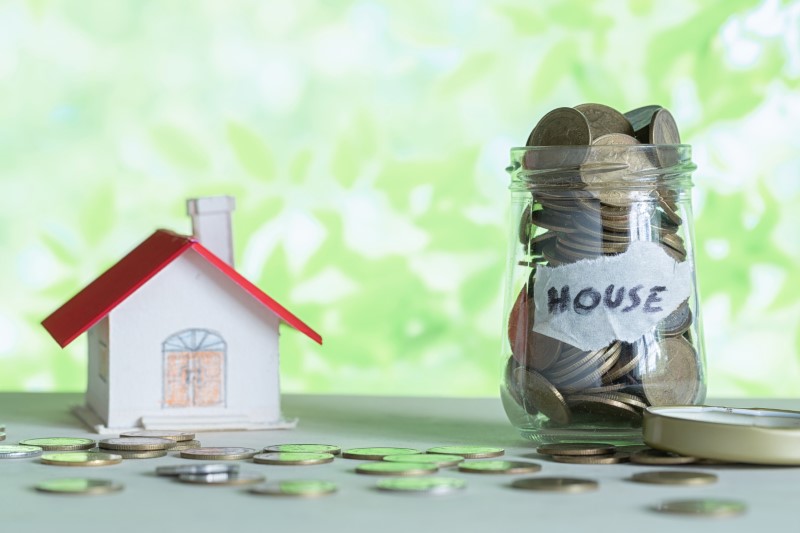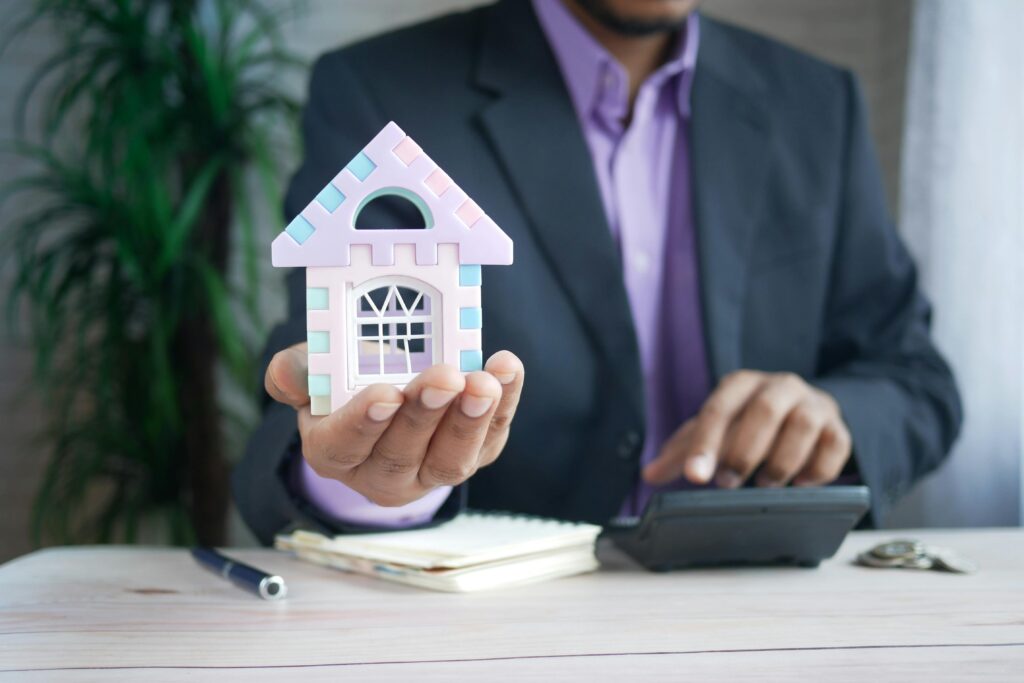Whenever you are considering buying a house, it’s important to take a look at the finances and what to expect, as well as what your options are. One of the best places to begin is the downpayment. Traditionally, downpayments are made on home loans as a way for the home buyer to prove to the lender that they are willing to make a serious commitment. While banks may not require you to put money down, many prefer it as a sign that you are making the same commitment to the property that you are asking them to.
Downpayments can help cut down on the money you have to borrow and in some cases, can help you to get a better deal from the lender. One reason it’s recommended that you put more money down is to avoid a PMI or private mortgage insurance. Putting less than 20% down will trigger the PMI which adds a monthly fee to your payments. The PMI can add up tothousands of dollars a year and the only way to get rid of it is to refinance which is not ideal if you are getting a great interest rate on your loan.
The Sweet Spot For Downpayments
20% is often discussed as the best place to start with the amount to put down, especially because of the private mortgage insurance. However, many feel that 25% is a better number because it can help cut down on your monthly payments and will also give you more equity in the property if you need to take out a second mortgage or home equity line of credit down the road. Many need to have access to their equity because of needed repairs and upgrades to the property.
Over the course of 30 years, the most common home loan period, homeowners are expected to need upgrades to their roof, air conditioning unit, appliances, kitchen, bathrooms, windows, driveway and more. While these upgrades can be spread out during that time, they still cost a lot of money and that’s where having more equity can make a difference. Borrowing money from a lender when you already have a mortgage requires them to look at your income-to-debt ratio as well as the amount of equity you have on the property.
Benefits Of Putting More Money Down
Everyone faces different financial situations and options. In the case of buying a home, there are advantages to putting more money down including being able to skip appraisals, getting a better rate from the bank and of course, not having to pay back as much along with interest. Having lower monthly benefits is a far better option for anyone. However, you also need to be aware of the possibility of needing those funds to make upgrades to the property.
If you have $200,000 and you are buying a house for $400,000, putting all your money down on property will allow you to borrow less and keep your monthly payments down. However, if you need to make major improvements to the property, you will have to borrow and finance, meaning you will be paying higher interest rates and adding to your monthly debt. Instead, consider putting down $100,000 and using your additional funds to cover renovations.
Consider Putting Less Money Down
Putting less money down in order to have some for renovations is always a good idea. However, there are other advantages to putting less down. Investing is the biggest example as many homeowners are able to take their extra funds and use them to invest in the stock market or other real estate opportunities. Having a strong savings account is another benefit which will protect you against lower income periods and keep you from having to borrow money in the future. While everyone has a different situation to consider, putting less money down works best if you are able to grab a lower interest rate.
Another reason you may want to consider putting less money down on a property is if you plan on selling it within the next five years. While you willpay more in interest during that timespan, you will have more money to upgrade the house and maximize its value. One thing that currently is keeping homeowners from being able to get reasonable value for their properties right now is the amount of work the property needs. Buyers do not have the ability to buy a home and make the upgrades themselves and this causes many listings to stay on the market for months or even longer. Having the cash to work on your own house allows you to make the improvements you need and then recoup the money when you go to sell it. Additionally, those improvements may be tax deductible and help you to keep more of the profit from the sale.
A Realtors Advice
Experienced realtors always recommend that you shoot for at least 20% on a property. The main motivation for that is to avoid the PMI which will cost more, the further you are from 20%. However, there are exceptions to the rule including those in the military or veterans who are able to borrow with a VA loan, which allows them to put no money down and not have to pay mortgage insurance. If you are able to qualify for loans that have a lower interest rate and do not require you to put any money down, you have a far greater advantage in keeping your cash and using it to cover the mortgage payments and make any needed upgrades to the property it may require.
Because your finances and options are different than other buyers, and each property and seller is different as well, working with your realtor is the best way to explore each option and decide which one is best for you. You should always consider all your options and speak with your realtor and lender about how you can maximinze your current cash flow and utilize it’s full potential. However, your lender may be limited in the options they can provide you which is why you want to discuss the matter with your realtor first.




